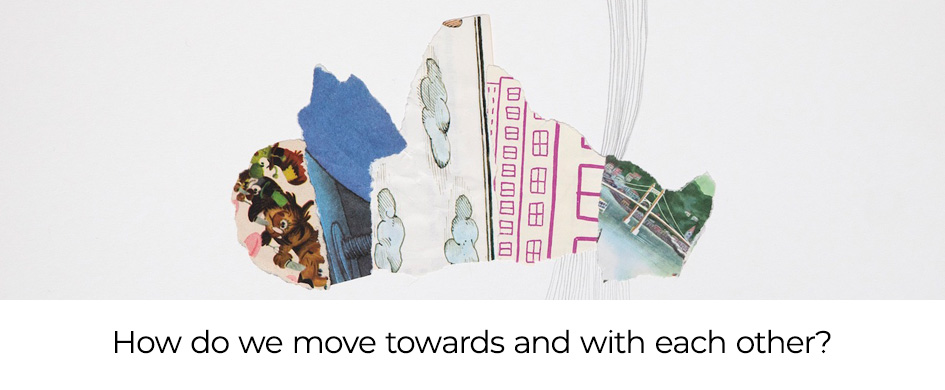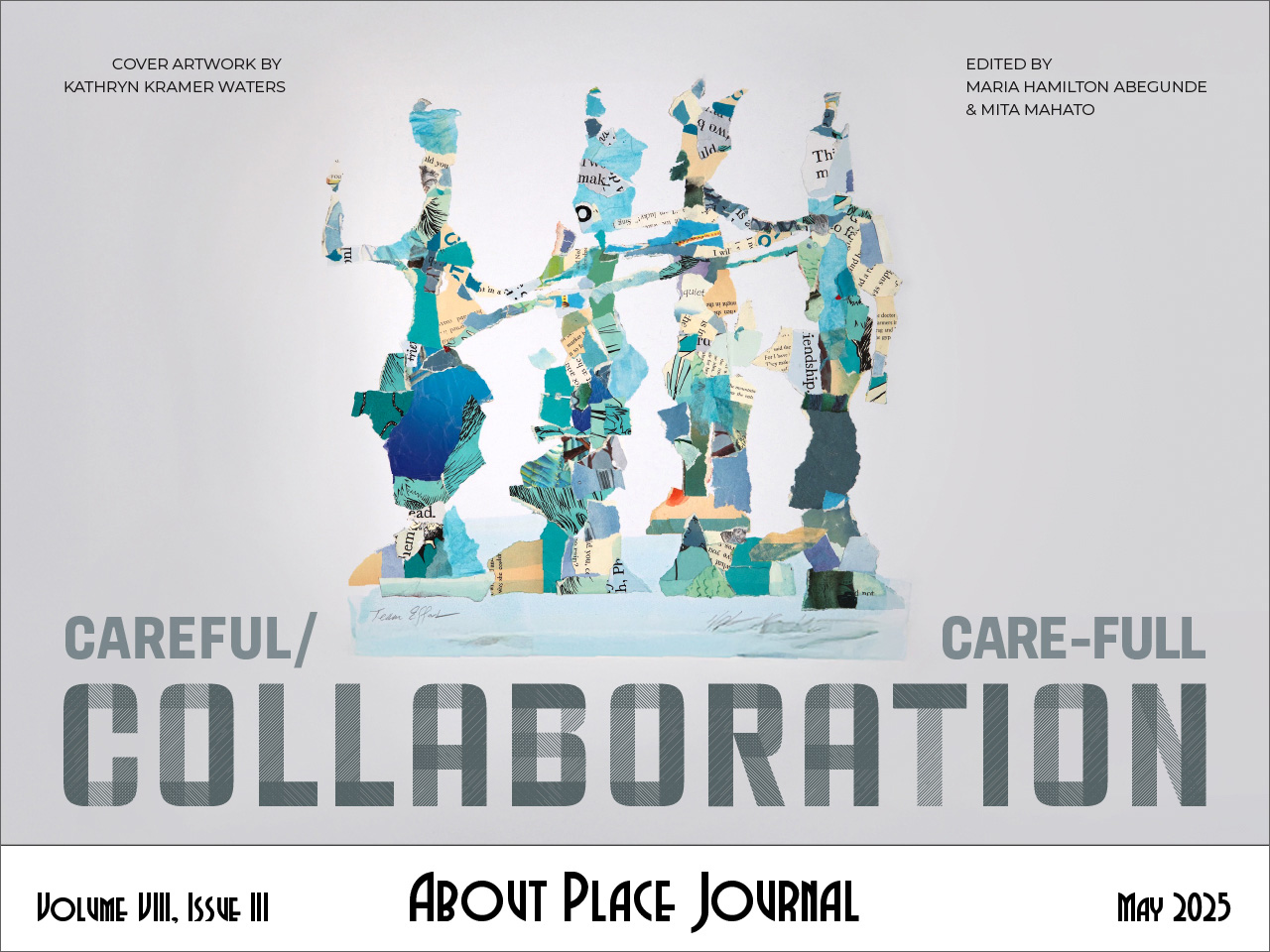motionless after its first flight straight down
from the nest, evicted by adults for lingering.
Fuzz still on its head like the skin on fruit,
the raptor fails to hoot and howl for rescue.
Instead, the pocket-size Minerva ponders shade.
When the gardener meets Minerva in the shade,
a huddled sphere in the waxy frill of leaves,
he wonders if he should call wildlife rescue,
restrains himself from stroking the downy
breast, for handling the bird is a fruitless
reward. Armor the owlet while it lingers
in suspended confusion and fear is a lingering
thought, but there’s only so much protective shade
that kohlrabi, a root vegetable as sweet as fruit,
can offer with its upwardly mobile leaves.
This goddess of medicine refuses to go down
without a fight, though. She knows her rescue
requires calling in favors from heroes she rescued
during former lives that in her consciousness linger.
The gardener needs a shoebox to lay her down.
Its fitted-sheet cover will be useful shade
once an ornithologist arrives for pick-up and leaves
with Minerva, holding her like a basket of ripe fruit.
The gardener waves farewell to Minerva—blessed fruit—
and turns to the vegetables that also need rescue,
lettuce with a green goddess dressing poured on leaves
that weren’t washed properly, sandy soil lingering.
A gritty task for him. He wishes to nap in the shade
of the maternal owl wings that usher in sundown.
It’s dark when he awakens in the wine cellar, down-
stairs from the kitchen, where all the fall fruit
sits, preserves mysteriously jarred, shelved in the shade.
Who ushered him to sleep with a notion of rescue?
He is the opposite of Cinderella lingering
at the ball. He spots orange eyes on a limb before they leave
for the downdraft and rising thermals that rescue
the gardener from doubts that like mushrooms fruit
in the shade. This longing for flight. It never really leaves.


